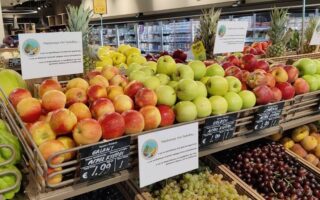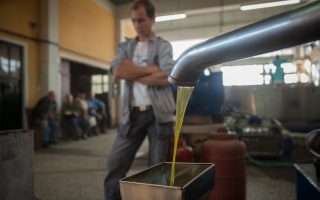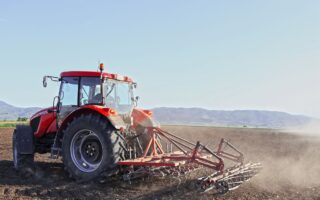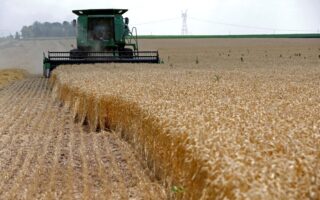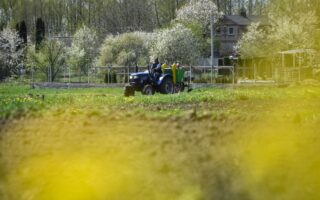Kozani’s ‘red gold’ crops threatened by climate change
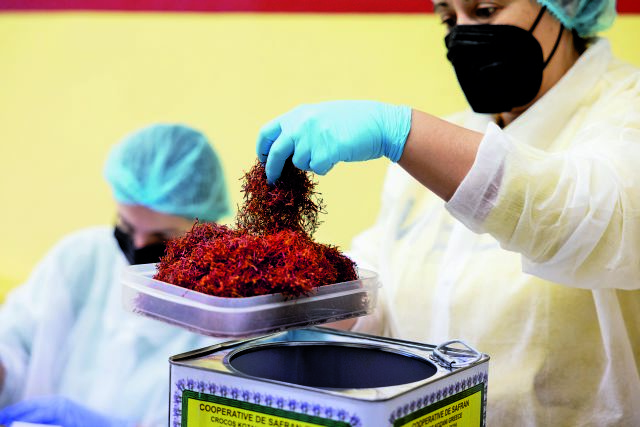
Unusually high temperatures this year disrupted the biological cycle of saffron grown in northern Greece, leading to the lowest production in 70 years, the Kozani Cooperative of Crocus Producers told Kathimerini.
Saffron has been cultivated in the region since the 17th century. Krokos Kozanis, the saffron produced in the countryside surrounding the village of Krokos, 5 kilometers south of the small town of Kozani, is Protected Designation of Origin-certified.
Normally, the value of saffron exports reaches €5 million per year, fetching around €3.50 per gram. The cooperative usually produces 3 tons a year. This October, however, the warm weather prevented the plant from blooming. The result was a 70% drop in production.
“It’s something we’re dealing with for the first time. We have never had such a low yield per acre since we start keeping records in1954,” the cooperative’s president, Vassilis Mitsopoulos, said.
Athanasios Tsaftaris, professor emeritus of Genetics at the Department of Agriculture of the Aristotle University of Thessaloniki, points out that agriculture will be significantly affected by the climate crisis. However, he is optimistic about saffron as well as many other types of crops in Greece, saying that the plants that existed in the land for centuries, will adapt to the different climatic conditions that are gradually coming.
